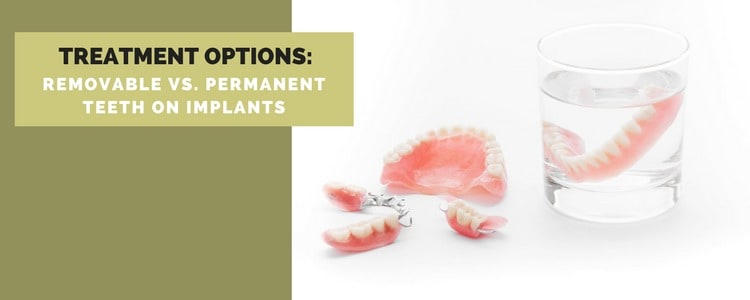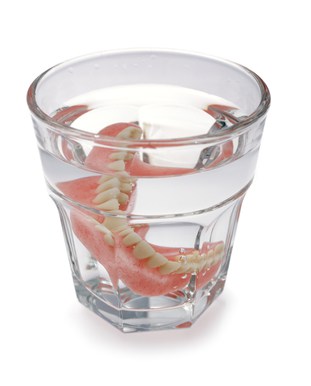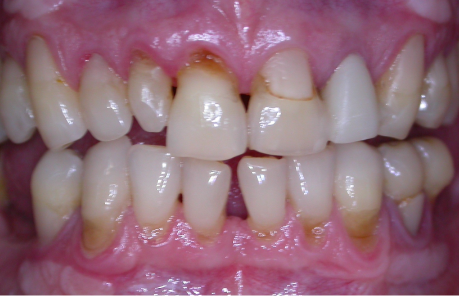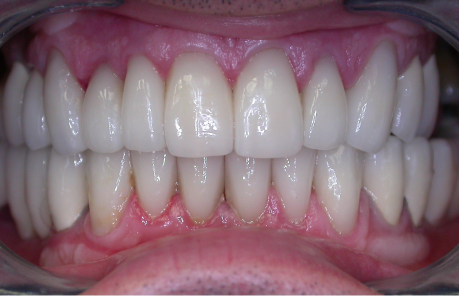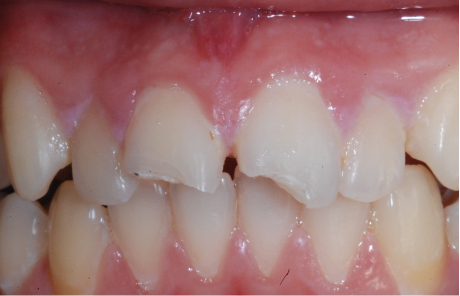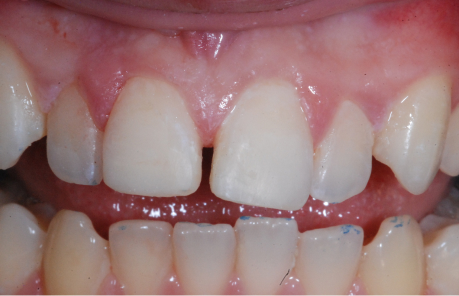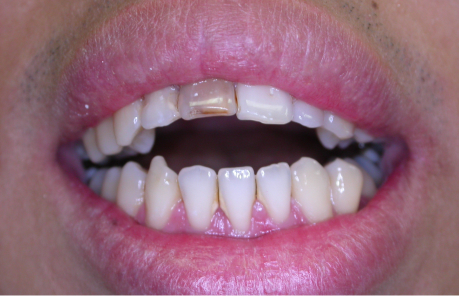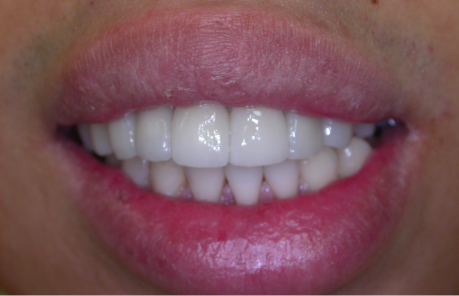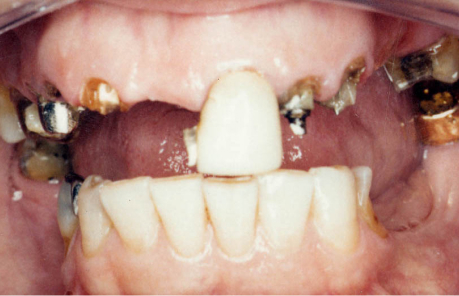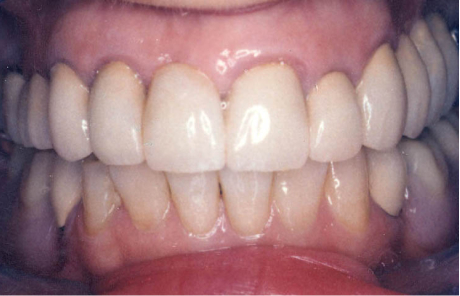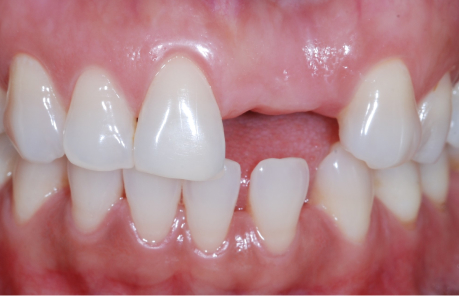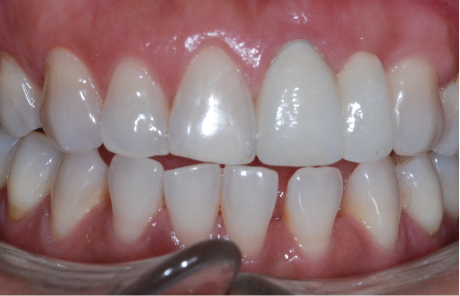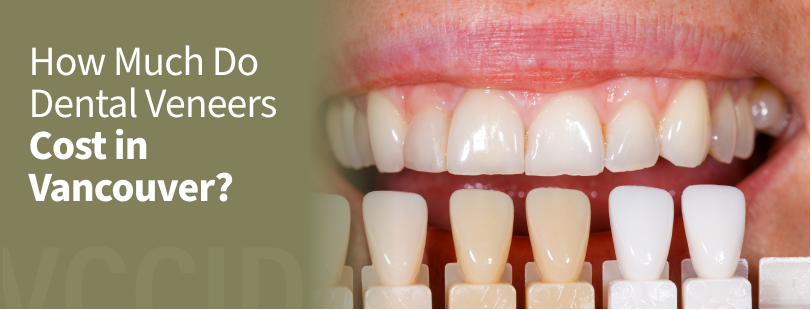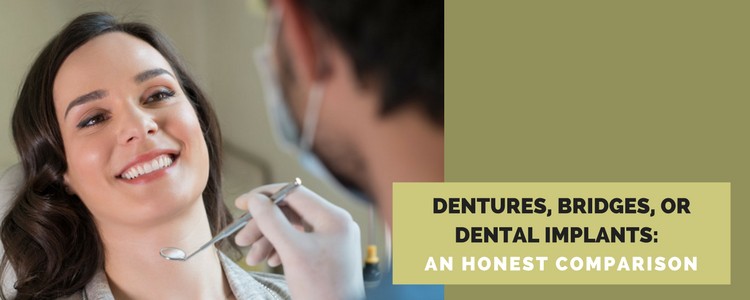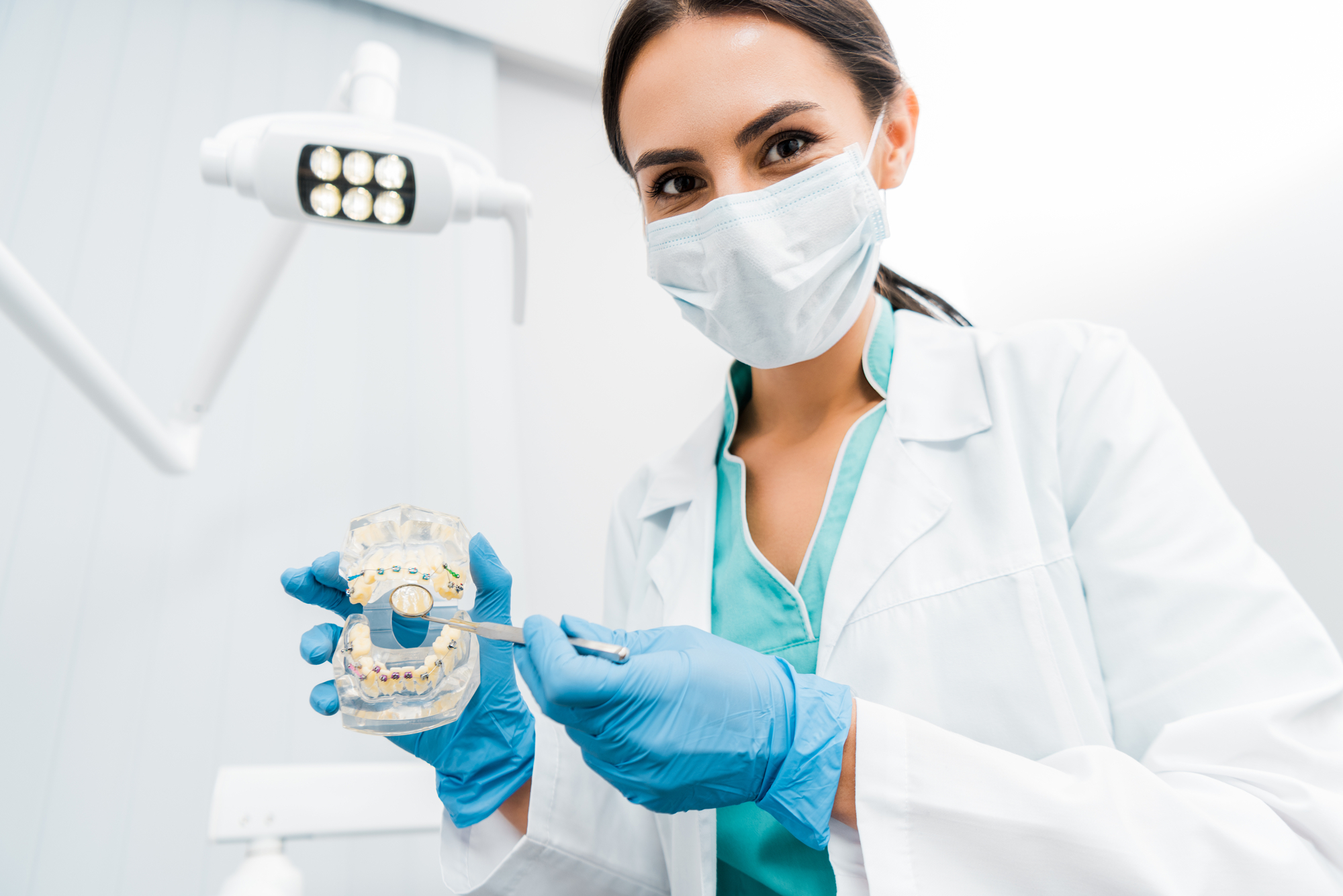The dentistry world today excels in its ability to provide patients with the closest alternative to natural teeth using dental implants, short of being able to grow a third set of natural teeth.
For those with missing teeth alone, there are several effective options to create and maintain a healthy, functional and natural looking smile. One major decision that you have to consider is whether the final teeth are removable or permanent. Removable means that you can take the teeth out to clean and brush. Permanent teeth cannot be removed except by your dentist, and you generally brush, floss and clean them like your natural teeth.
To a certain extent the choice is partly patient preference and partly based on your dental professional’s recommendations. Many years ago I treated a patient who was 76 years old when we started and she had had upper and lower dentures since she was 25. She came to me for dental implants and a solution to her aesthetic but mostly functional concerns….she could no longer eat with her dentures. I first suggested removable options as it would be a simpler and less expensive option, but she was adamant that if she got implants she was going to have permanent non-removable teeth for the remaining days of her life.
Let’s start by taking a look at these 8 points to better understand your options:
1. Number of Missing Teeth
In general when we are speaking of removable vs permanent teeth, we are speaking of situations where a person is missing all of the teeth in either the upper or lower jaw. If someone is missing just a few teeth, it does not make sense to place an implant and then build a removable set of teeth on top of it. In those cases a person can have a removable denture made supported by the natural teeth and not have to go through the cost of dental implants. So if you are only missing one to several teeth and the remaining ones are in good condition, your dentist will likely be speaking to you regarding a non-removable solution for your missing teeth.
2. Patient Preference
Psychologically some people simply want or need something that is not removable. Although removable teeth are very functional and comfortable, I believe there is subtle emotional difference between the two. I generally find that patients who already have dentures are more likely to accept a removable option as they have already become accustomed to the concept…they just want a set of teeth that they can use to eat and chew comfortably.
Although both types of teeth can look very natural and aesthetic, when you look closely permanent teeth are a better resemble and duplicate natural teeth in that they appear to grow out of the gums. If done well, even many dentists may not be able to distinguish between the implant and natural teeth without looking at an x ray.
3. Soft Tissue and Bone Support
One of the first things that need to be done when considering implants is where do the teeth need to be placed for proper function, health and aesthetics. In essence we need to work backwards, much like constructing a building starts with architectural plans. Once that is determined, we can how many implants are needed and even more importantly where these implants need to be placed.
As a general rule, permanent teeth need a much greater amount of bone and soft tissue as the implants need to be place more precisely in line with the teeth. If you are missing a lot of bone and or soft tissue, this many need to be rebuilt before the implants are placed and this will increase the cost of treatment. Removable teeth can have flanges which is the pink acrylic that resembles the gum tissue and it is much easier to replace gum tissue with acrylic than with bone or soft tissue grafting.
We can replace some soft tissue even when doing permanent teeth but it is more limited. IF there has been a lot of soft tissue “collapse” removable teeth may provide much better soft tissue support and improved aesthetics. These sort of things can be determined by your dentist during the diagnostic phase of treatment before any final decisions are made.
4. Ability To Clean And Maintain
Removable teeth are generally easier to clean and maintain. Removable teeth are essentially similar to denture teeth except they “snap” onto clips that are attached to the implants. It is very easy and simple to remove the teeth and brush them, and it makes access to brushing the implants within the mouth very easy. Permanent teeth require brushing, flossing and sometimes the use of a waterpik to keep the teeth clean.
Although it is generally not any harder than cleaning natural teeth, I have had patients who lost their teeth due to a lack of care….essentially they did not brush regularly. I found it very interesting that once they had their implants and teeth in place, they still did not take very good care of their teeth. Although implants do not decay and are not as prone to problems as natural teeth, like all of our body they still do require cleanliness and maintenance for long term success. So if you do not think that you can take the time to look after your teeth properly, you may want to consider removable options.
I have also had some elderly patients tell me that they want something that they can clean easily. They had severe arthritis and/or vision issues and were concerned about their ability to use any type of toothbrush effectively. Others were considering the future possibility of being in a care home, hence they were thinking that if the teeth were removable then it would be much easier to maintain the teeth and the implants.
5. Costs
Removable and permanent teeth are made quite differently. Removable teeth are generally acrylic denture teeth with or without base, whereas permanent teeth are done using crowns or bridges, and these are typically made of a porcelain and gold combination. Removable teeth are much “easier” in terms of implant placement and in terms of making the final teeth. Even the laboratory costs of removable teeth is also a lot less than with permanent teeth.
The costs of making three to seven permanent teeth on implants is about the same as fabricating a removable over-denture with a bar to secure the teeth. Therefore you can see that removable options are definitely more cost effective.
6. Taking Speech Into Consideration
Any major oral change will feel foreign at first, and will likely take some getting used to. And because teeth are such an important aspect of speaking, you may require a bit of practice with your new additions. Both types of teeth may require a short period of time (days to weeks) to become accustomed to speaking clearly. You might think that because permanent teeth more closely resemble natural teeth that they are easier for speech, but in practice I don’t’ find it makes much difference. As long as the teeth are treatment planned and designed to fit within the the confines of where the patient needs to place the tongue and lips for proper speech, both work equally well.
7. Maintenance and Repair
Because removable teeth are generally made of acrylic (plastic) they are not as strong and can break easier. However, at the same time since they are removable they can be very easy to repair. Permanent teeth are typically made of a gold (or a strong ceramic such as Zirconia or Emax) base with another more aesthetic porcelain layered on top. Although the porcelain is much harder sometimes it can chip or break. If it is small enough, simply polishing the rough edges will fix the problem. If it is large chip, the tooth can usually be removed and sent off for repair but it may not be as easy and slightly more expensive to repair than removable teeth.
Removable teeth are secured with plastic clips that allow the dentures to “snap” into place. These clips do wear out (much like brakes on a car) and need to be replaced every 2- 4 years. I have some patients that want or need the clips replaced every year so that they hold really tight, and others that have gone for over six years without a replacement. This is not a difficult or long procedure but it does cost about $90-150 depending on the type and number of clips to replace.
8. Longevity Will Vary
The lifespan of removable and permanent teeth will vary from patient to patient, depending on their lifestyle and oral hygiene, grinding habits etc.
Generally, a fixed crown or bridge with porcelain teeth is fairly durable, as the material doesn’t wear down very easily. You can expect a porcelain crown on an implant to last 15-20 or more years.
Removable denture teeth made of plastic don’t typically last as long, with a lifespan closer to seven to ten years. Being made of plastic, they wear faster and can break especially with hard chewing forces.
While there are pros and cons to both options, removable and permanent teeth over implants are excellent ways to provide you with replacement teeth for ideal function, health and a beautiful smile you can feel confident about – and proud of.
Ensure to speak to your dental professional about what option is best for you, and take comfort in knowing there is a solution in waiting.
